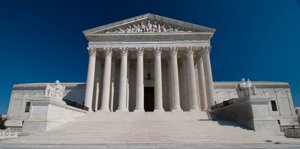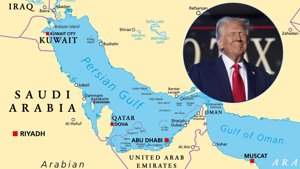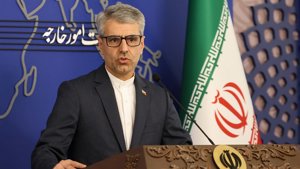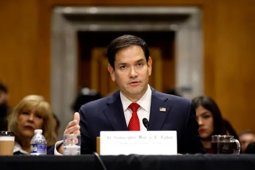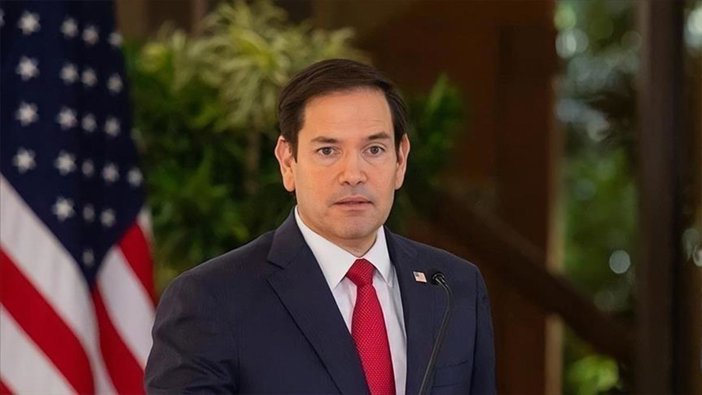
Rubio: Court Ruling Undermines Trump’s Foreign Policy
Marco Rubio warned that a federal court’s order halting deportations to South Sudan poses a significant threat to U.S. foreign policy and diplomatic stability.
Rubio Says Court Block Causes Diplomatic Fallout
Secretary of State Marco Rubio expressed strong opposition on Friday to a federal court order that temporarily blocked the deportation of foreign nationals to South Sudan, calling it a serious infringement on President Donald Trump’s constitutional authority over foreign affairs.
The U.S. District Court ruling, issued by Judge Brian Murphy in Massachusetts, halted a planned deportation flight that had already departed from Texas. The court stated the removal violated a prior injunction protecting individuals from being deported to third countries without due process.
Rubio responded with an emergency motion warning that the order causes “significant and irreparable harm” to U.S. diplomatic interests, particularly with Libya, South Sudan, and Djibouti. “These rulings have already interfered with quiet diplomatic efforts and exacerbated internal political and security divisions,” Rubio wrote in the filing.
He noted that prior to the court’s involvement, South Sudan had refused to accept one of its nationals slated for repatriation. However, diplomatic channels had recently begun to reopen. “The court’s action threatens to derail efforts to quietly rebuild a productive working relationship with Juba,” he said.
Further complications have arisen in Djibouti, where the deportees are currently being held at a U.S. Naval facility. Rubio emphasized the strategic importance of Djibouti, home to the only U.S. military base on the African continent.
Administration Seeks Reversal Amid Legal Battle
The Trump administration also filed a motion requesting reconsideration of what it described as the court’s “highly burdensome requirements.” The Department of Justice argued that the ruling obstructs the president’s ability to command the military and conduct foreign relations.
“The development has placed impermissible, burdensome constraints on the President’s ability to carry out his Article II powers,” the filing stated, adding that the government is now detaining dangerous individuals in a sensitive location without clear guidance on their release.
The filing also argued that the individuals aboard the deportation flight, which included nationals from Myanmar, Laos, Vietnam, Cuba, Mexico, and South Sudan, had failed to invoke fear of removal as required by a prior court injunction. Therefore, their removal was lawful under existing immigration procedures, the administration said.
Judge Murphy’s ruling mandates that the government “maintain custody and control of class members currently being removed to South Sudan or to any other third country,” ensuring they could be returned to the U.S. if the court later deems their removal unlawful.
Rubio had previously announced in April that the U.S. would revoke visas held by South Sudanese nationals, citing the country’s failure to accept repatriated citizens. The United States maintains limited third-party deportation agreements, including one with El Salvador, which has accepted Venezuelan nationals under the Trump administration’s removal policy.
The ongoing dispute underscores rising tensions between federal courts and executive power over immigration enforcement and international diplomacy.



